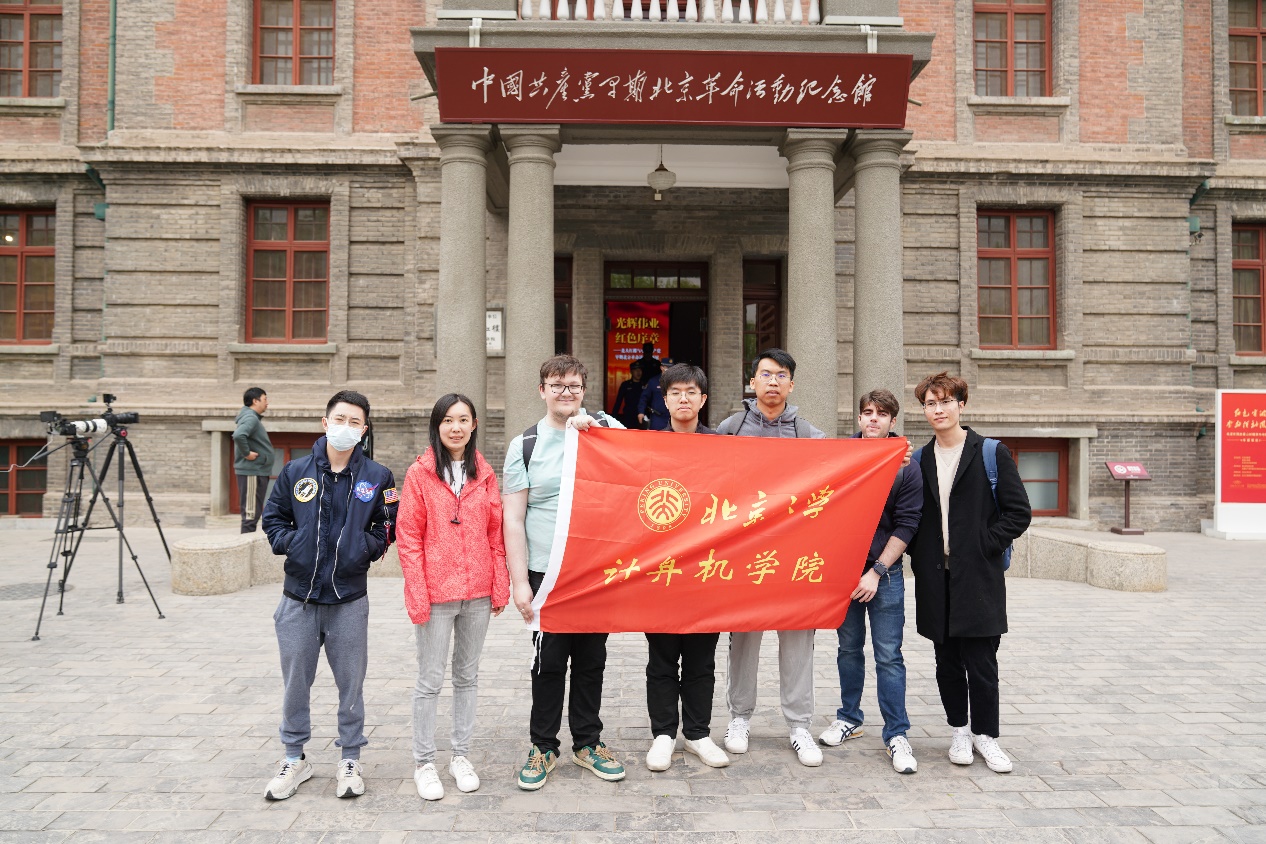On the 20th of April the School of Computer Science led a trip for 6 of their international students to visit the Red Building of Peking University. Founded in 1916, it was the location of Peking University's liberal arts classrooms, library, and campus. Because the building was built with red bricks and topped with red tiles, it is commonly referred to as the Red Building. It is not only the birthplace of the May Fourth Movement, but also the witness of the New Culture Movement, the memorial hall of the early revolutionary activities of the CPC, and the birthplace of China's first communist group. This trip was led to allow our international students to learn more about the culture and history of the university and the monumental changes it has contributed to in recent Chinese history.
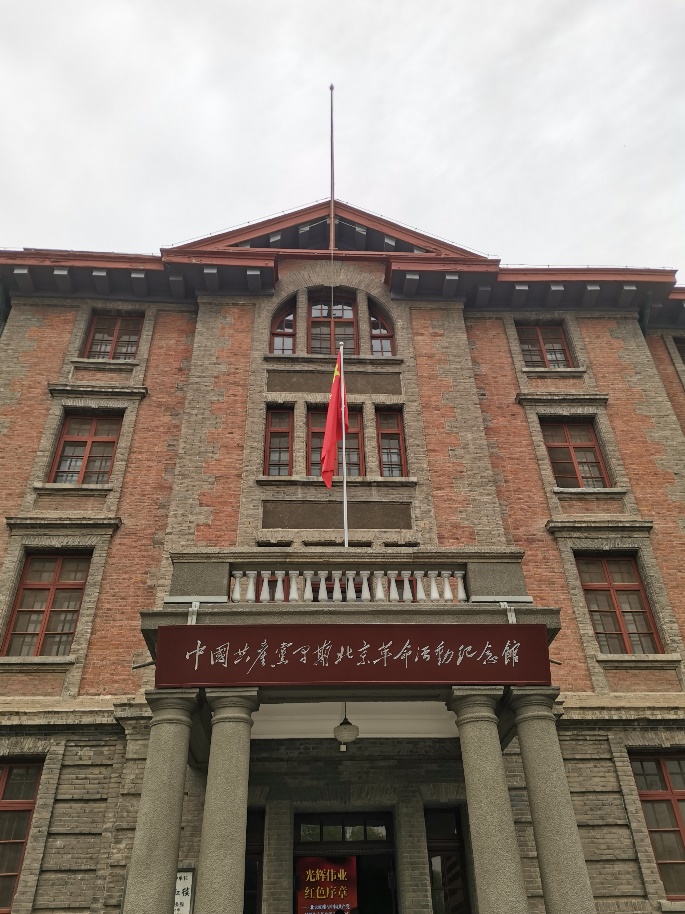
One of the most significant historical events in which Peking University played a crucial role was the May Fourth Movement in 1919. The movement marked a significant shift in Chinese intellectual and cultural life and a milestone in history. The university was at the forefront of this movement, with students and faculty advocating for sweeping cultural and social changes and preparing a university march.
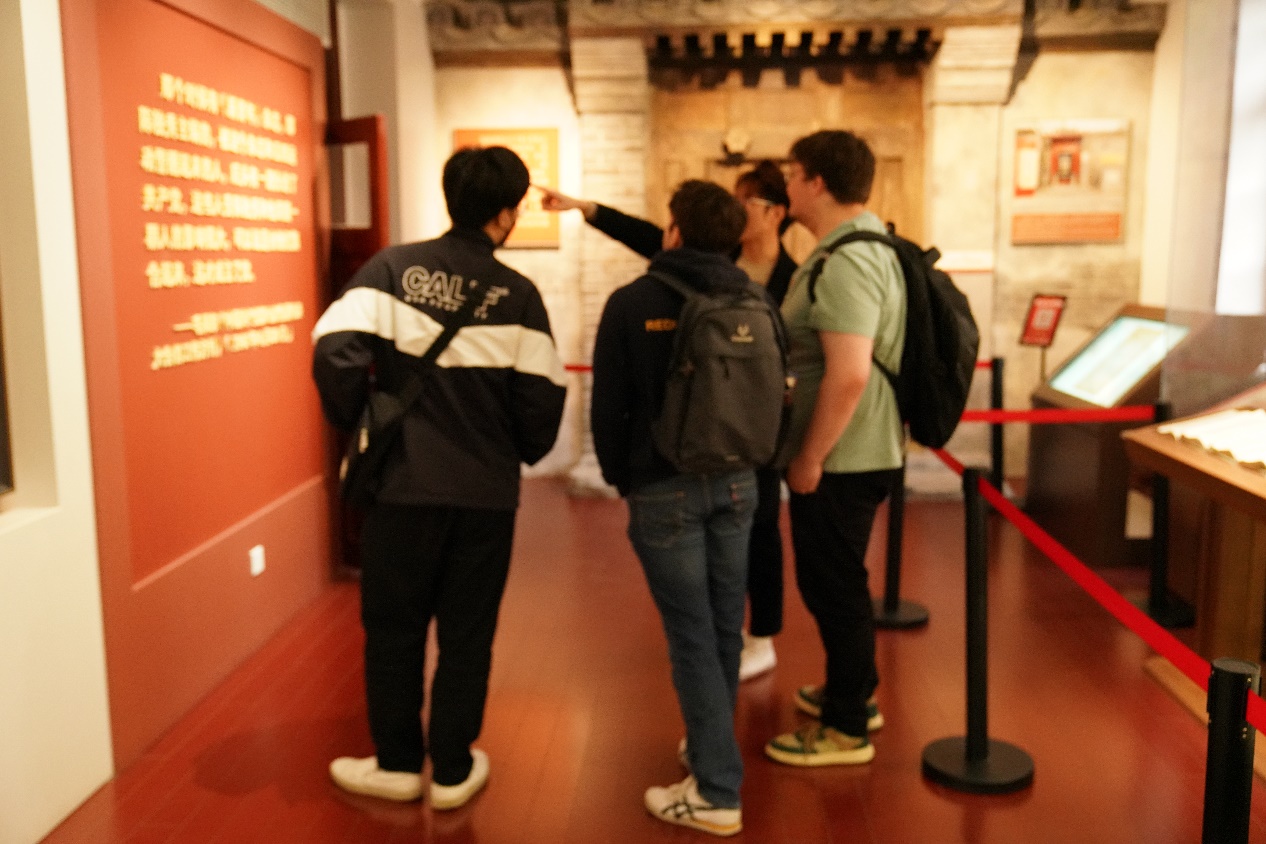
The exhibits inside the Red Building showcased the university's contribution to the May Fourth Movement, including student protests, publications, and intellectual debates. It was inspiring to witness the role that Peking University played in shaping Chinese society's trajectory and how the movement contributed to the country's intellectual and cultural development. This also demonstrates Peking University’s commitment, even then, to bringing together other cultures and methods of thinking.
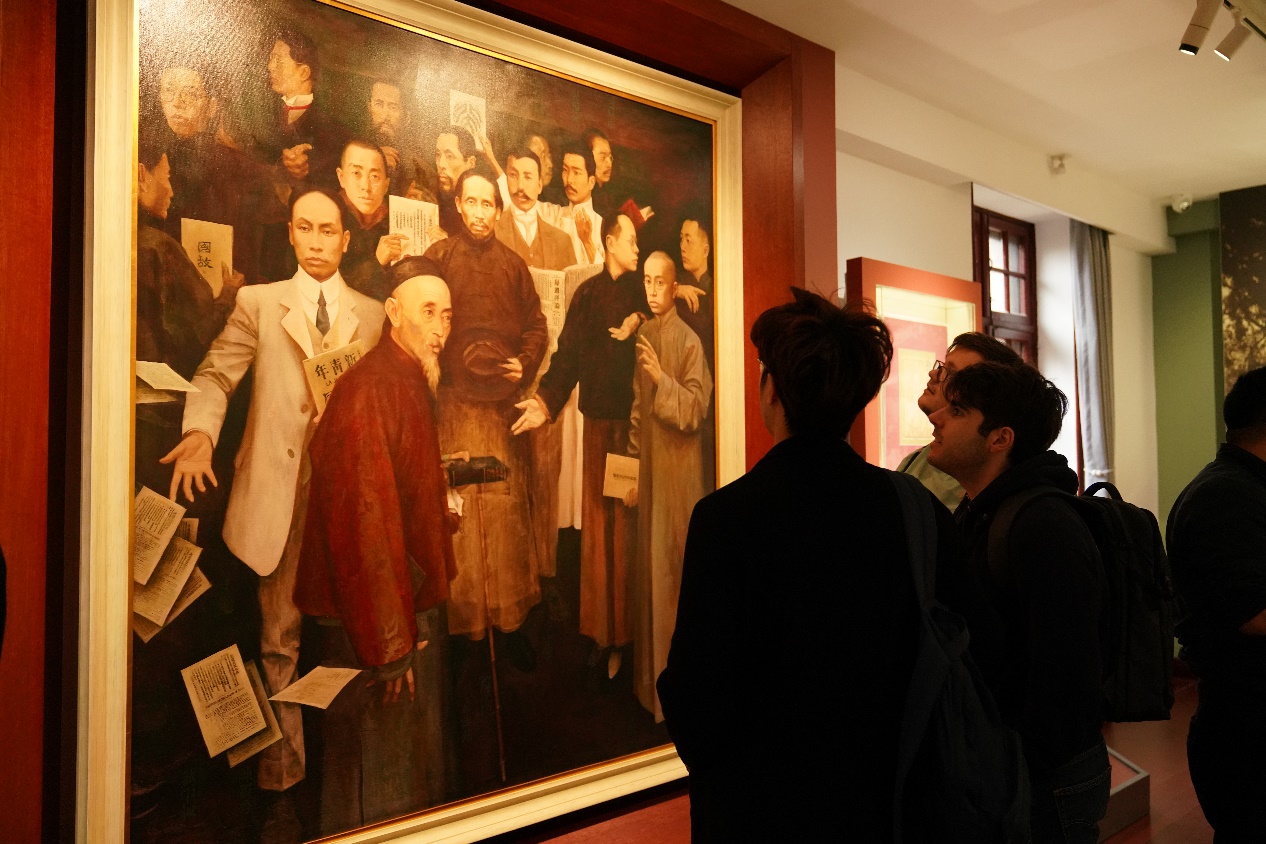
The role that Peking University played in shaping China's history, particularly during the May Fourth Movement, is a testament to the university's commitment to social progress and academic excellence.
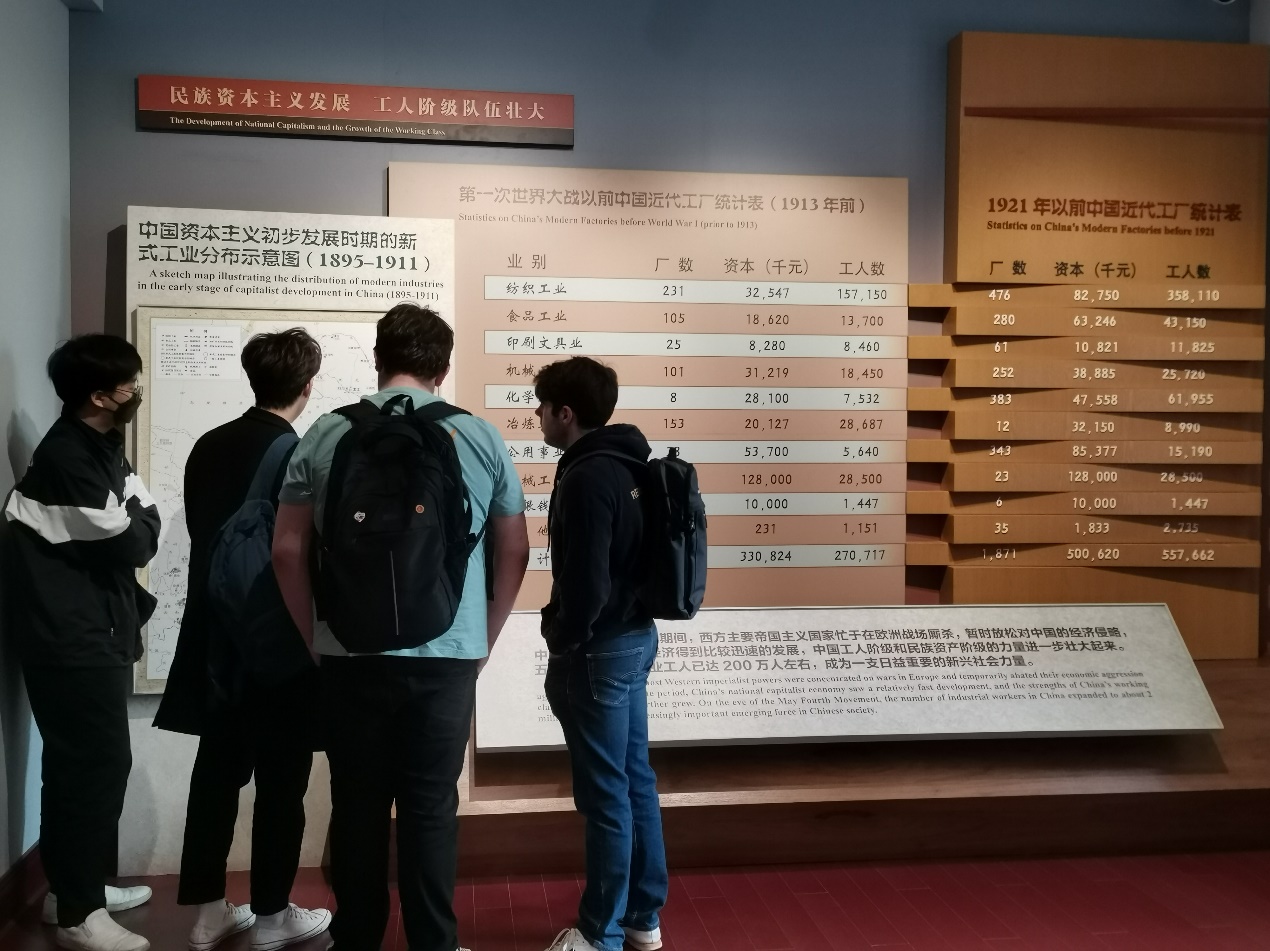
Current students have said this made them feel proud to be part of a community that has a rich history of contributing to China's intellectual, cultural, and social development.
